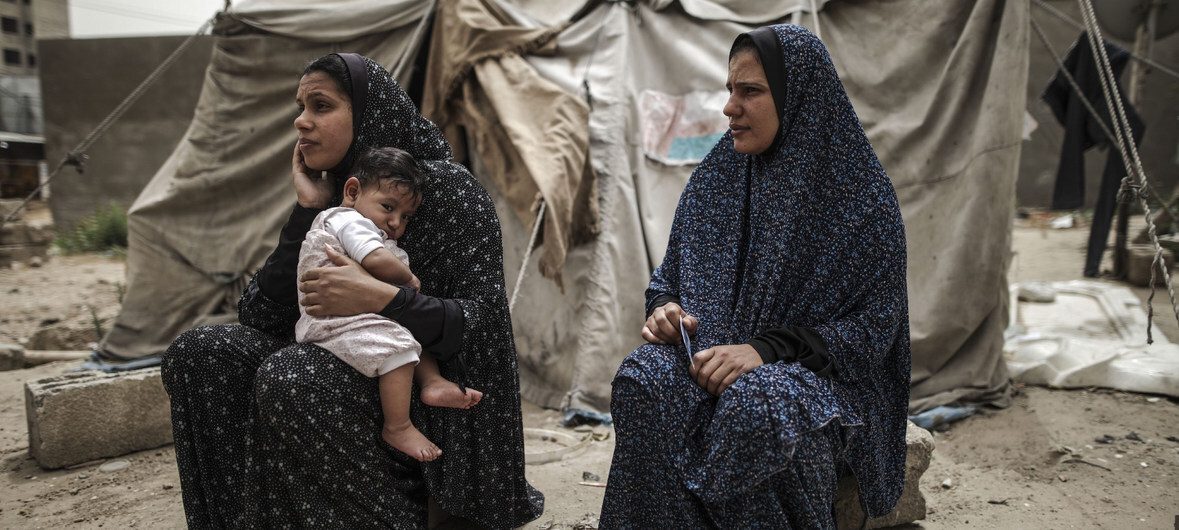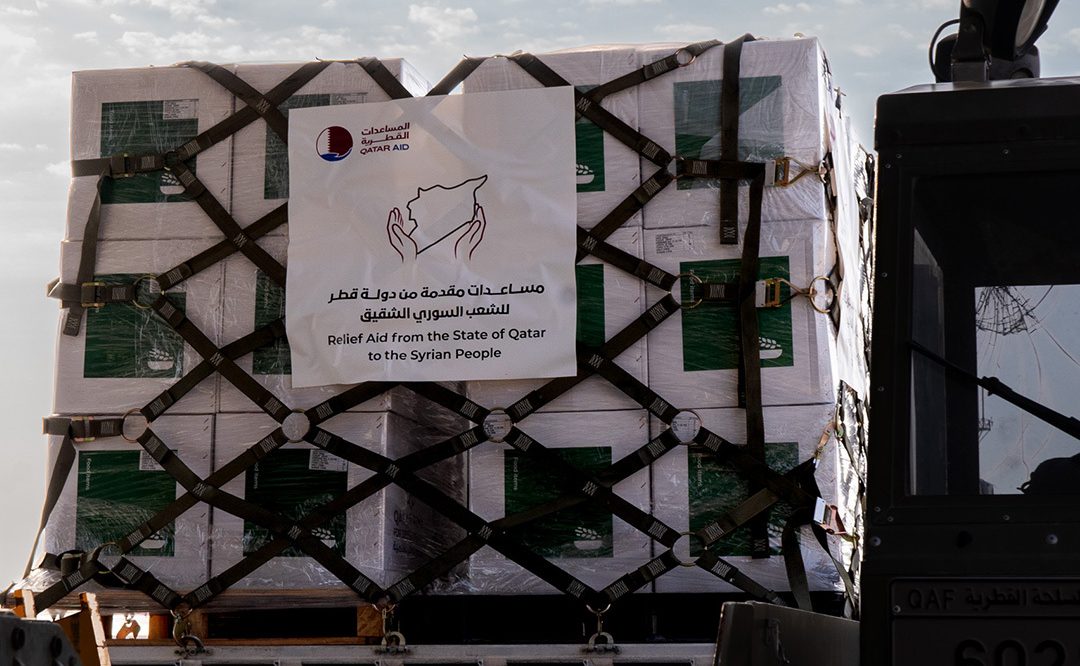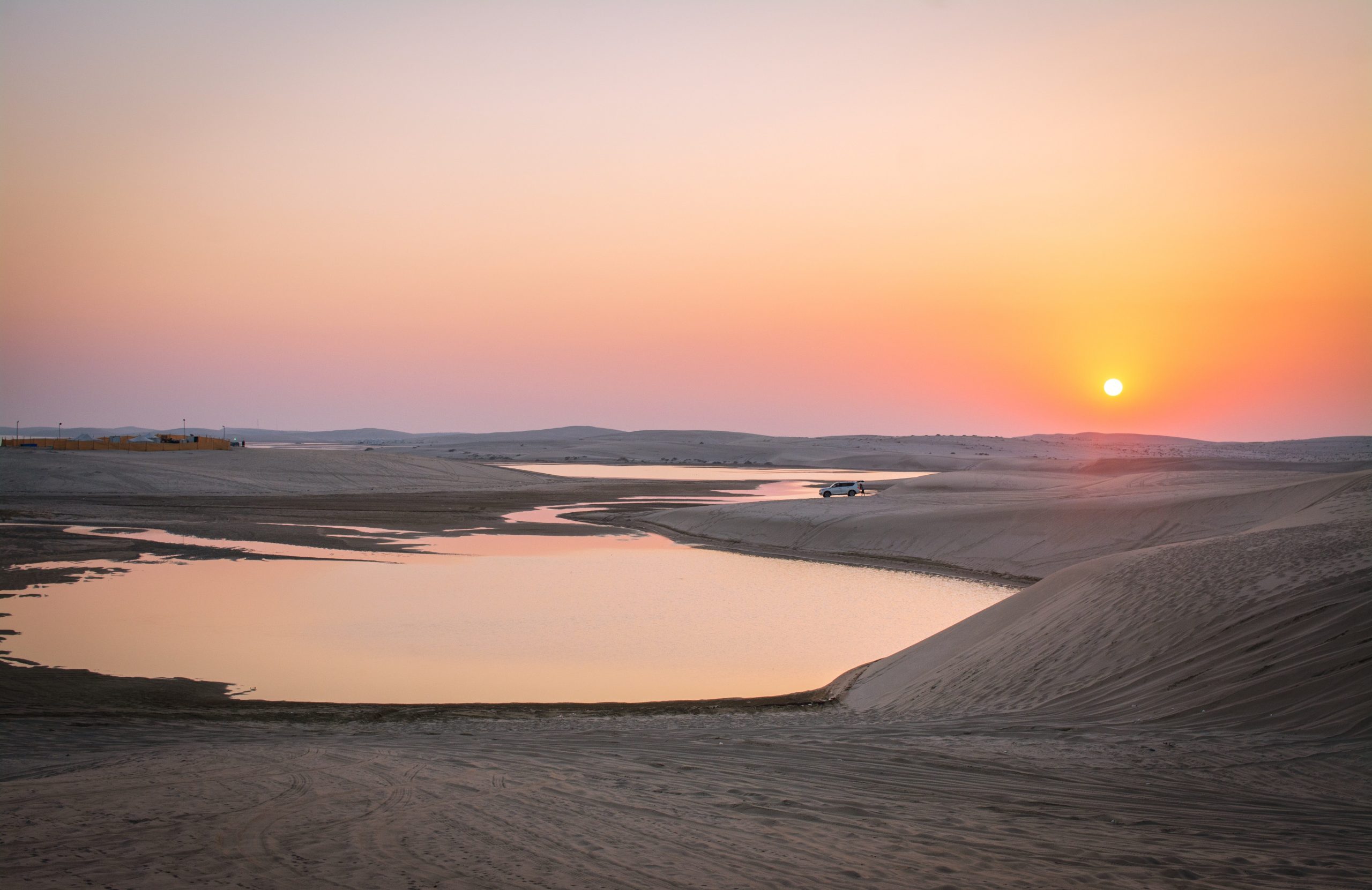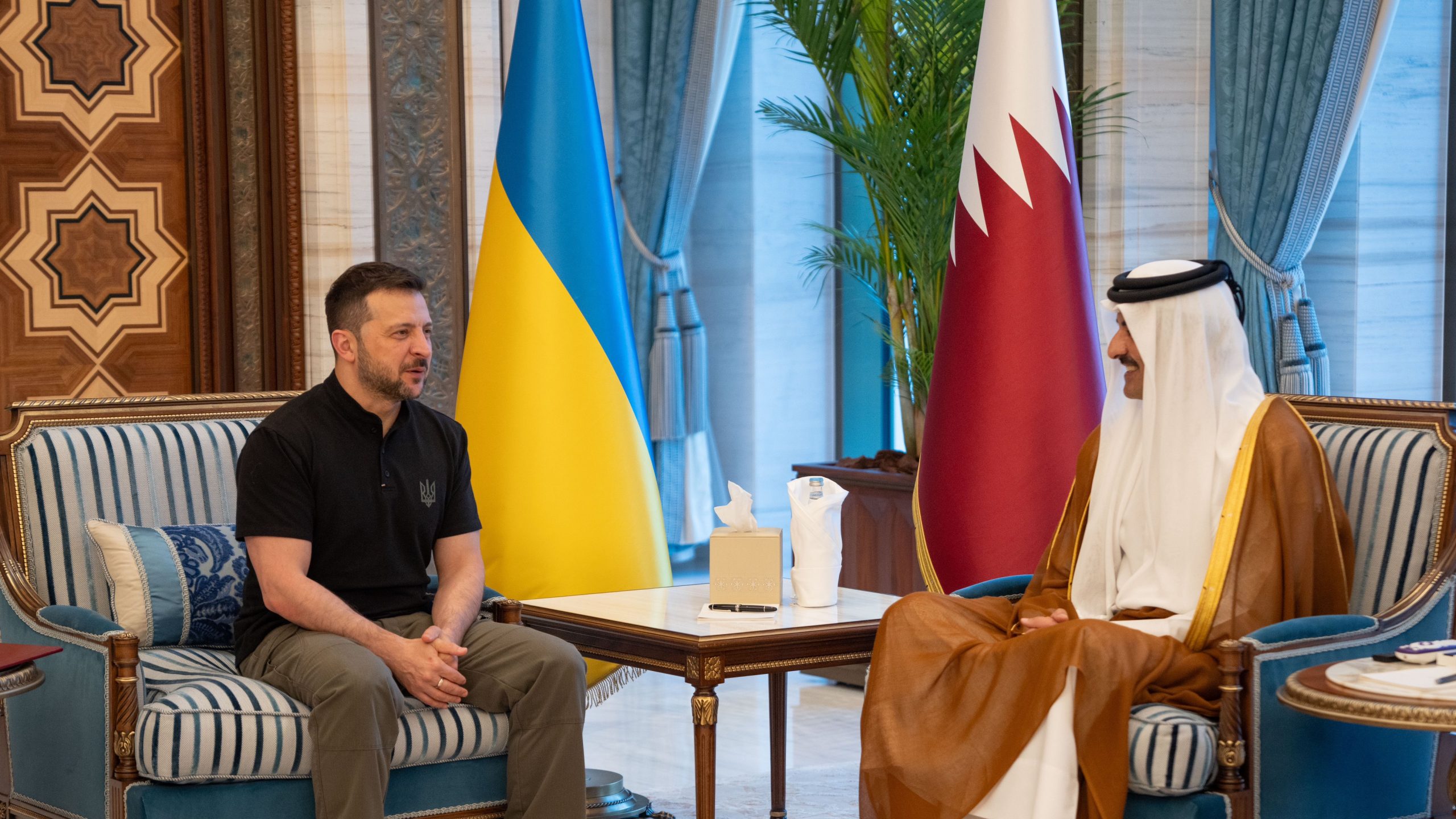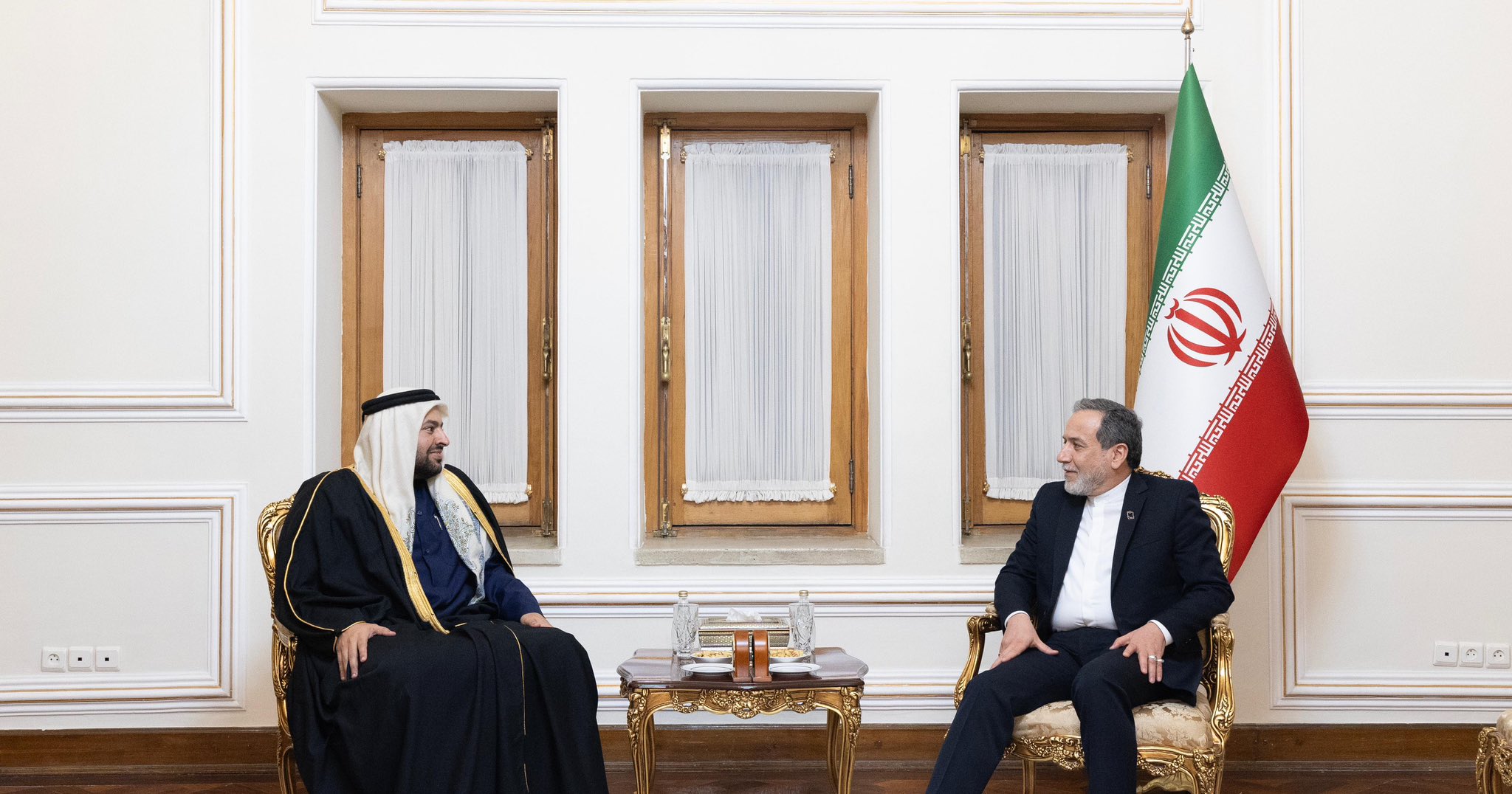One in every 69 people, or 1.5 percent of the entire world’s population, is now forcibly displaced, nearly doubling the rate from a decade ago.
As the world observes World Refugee Day, we are reminded of the countless lives disrupted by conflict, violence, and persecution.
At the end of 2023, an estimated 117.3 million people worldwide were forcibly displaced, a staggering number that continues to rise. By the end of April 2024, based on operational data, UNHCR, the UN Refugee Agency, estimates that forced displacement has likely exceeded 120 million.
This equates to one in every 69 people, or 1.5 percent of the entire world’s population, is now forcibly displaced, nearly double the rate of those forcibly displaced a decade ago. These individuals, uprooted from their homes, seek safety, dignity, and hope.
New conflicts have erupted in the past year alone, while longstanding ones remain unresolved. Consider Sudan, where conflict broke out in April 2023, causing one of the largest humanitarian crises globally. Over six million people were forcibly displaced within the country, with an additional 1.2 million fleeing to neighbouring countries.
Similarly, Myanmar faced escalating violence following the military takeover in February 2021, displacing more than 1.3 million people. While in the State of Palestine, the United Nations Relief and Works Agency for Palestine Refugees in the Near East (UNRWA) estimates that between October and December 2023, up to 1.7 million individuals, which is over 75 percent of the population, were forcibly displaced by the conflict in the Gaza Strip, some forced to flee multiple times.
The global refugee population reached 43.4 million in 2023, a 7 percent increase from the previous year. This includes 31.6 million refugees and people in a refugee-like situation, 5.8 million other individuals in need of international protection under UNHCR’s mandate, and six million Palestinian refugees under UNRWA’s mandate.
The largest proportions of refugees globally were from Afghanistan and Syria, both with 6.4 million each. Most refugees remain near their country of origin, with 69 percent hosted in neighbouring countries. Low- and middle-income countries bear the brunt, hosting 75 percent of the world’s refugees.
With the number of forcibly displaced people at a record high, refugees need our solidarity now more than ever. Solidarity means keeping our doors open and working together for a world where they are welcomed. It means celebrating their strengths and achievements and reflecting on the challenges they face. Above all, solidarity with people forced to flee is about finding solutions to their plight.
In Qatar, organisations and philanthropists have demonstrated remarkable generosity towards the forcibly displaced. Over the past decade, UNHCR’s partnerships with the Qatari government and local organisations have provided crucial support to millions of refugees and internally displaced people (IDPs), including education, healthcare, shelter, basic assistance, and economic empowerment.
Qatar serves as a shining example of the collective responsibility nations bear in supporting forcibly displaced individuals, offering them opportunities for a dignified life and a brighter future. To further this mission, UNHCR works to expand strategic partnerships, such as those with Qatar and various local entities, to extend solidarity to countries and communities hosting large numbers of refugees. These countries require our collective support and resources to effectively manage this responsibility.
Despite the scarcity of peace worldwide, we must not lose hope. World Refugee Day invites us to celebrate the resilience and accomplishments of refugees. They are not defined solely by their circumstances; they carry creativity, skills, and qualifications. Being a refugee is a circumstance, not an identity. As we mark World Refugee Day this year, let us stand together to create a better and more sustainable future for all.
This article is an opinion piece by Ahmed Mohsen and does not necessarily reflect the views of Doha News, its editorial board, or staff.
Ahmed Mohsen, UNHCR Representative to the State of Qatar, has over 20 years of experience working in various operational contexts for UNHCR, serving in different managerial, legal, protection and external relations capacities in several countries.

